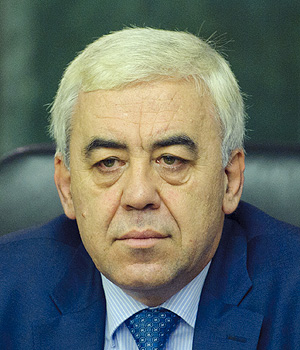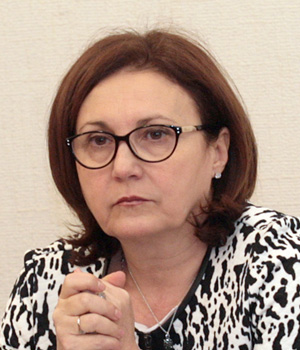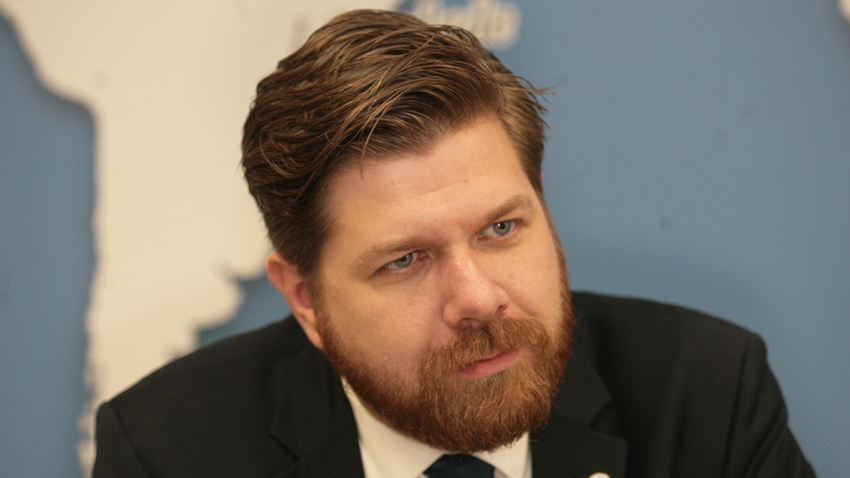The EU member-states are not allowed to imprison foreigners due to illegal penetration of their territory. This is a decision of the Court of the community on a case, related to a refugee woman, nabbed in France, as reported by global agencies. The decision is expected to have its impact on the actions of Bulgaria’s Border Police. Bulgaria is a transit country for the migration flow from the Middle East to West Europe, though much fewer refugees cross this country’s border, compared to Greece, Turkey and Macedonia. The ones that go through Bulgaria are most often illegal migrants, which results in arrests.
The Luxembourg court ruled that the arrest of a non-EU citizen due to illegal trespassing only violates the rules of the community, undermining their effectiveness. As the court decision rules on the actions of Border Police only, we need to cope with the so-called citizen’s arrest here in Bulgaria. Over the spring this country became notorious with the forest walks of some strong fellows, who would go out for a picnic and return with migrants flex-cuffed behind. The brutal online videos and photos quickly toured around all social networks and the path to major international media was only a short one. Thus an image of Bulgaria was exposed in a repellent  manner, although the posse trend across the Strandja Mountain was reduced with army and police officers reinforcing their colleagues along the border. However, the bitter taste remained, says Mr. Krassimir Kanev, chair of the Bulgarian Helsinki Committee.
manner, although the posse trend across the Strandja Mountain was reduced with army and police officers reinforcing their colleagues along the border. However, the bitter taste remained, says Mr. Krassimir Kanev, chair of the Bulgarian Helsinki Committee.
“The attitude towards migrants is not good, as there are provocations in terms of incitement of hatred and negative feelings towards them. The current government has been coalitional for the past two years with two small nationalistic formations being onboard. Hence, the worsened attitude towards migrants and any minorities. That is why those civil arrest groups are encouraged, although such arrests are against the law. The Criminal Code provides such an option, but it is really limited,” legal expert Krassimir Kanev points out.
 Interior Minister Rumyana Bachvarova voiced to the public her firm stance against the vigilante squads, explaining the reserves of the society towards migrants like that:
Interior Minister Rumyana Bachvarova voiced to the public her firm stance against the vigilante squads, explaining the reserves of the society towards migrants like that:
“First, it is something new and unexpected. Then we saw plenty of uncertainties and vagueness about the identity of these people, crossing our territory. The main thing comes next – we still haven’t got used to or realized the global nature of the process and so we need to assess how to get used to it. However, it is a fact that Bulgaria is only a transit country for those people but we still have our concerns…”
We must underline here that few refugees are willing to stay in this country. That is one of the reasons why they leave the asylum centers without papers and without waiting for the decisions of the State Agency for Refugees on their status, fleeing to the West. Head of the Friedrich Naumann political foundation in Sofia Daniel Kaddik gives another explanation:
 “Bulgaria invests into refugee centers, but the migrants lack any perspective in terms of labor market, standard of living and integration,” the expert explains. “Besides that in my opinion the country underestimates the refugee issue, as much more people cross the borders than what the official statistics voice, I think. The actions of traffickers and the corruption problems inside Border Police are well-known,” Mr. Kaddik says.
“Bulgaria invests into refugee centers, but the migrants lack any perspective in terms of labor market, standard of living and integration,” the expert explains. “Besides that in my opinion the country underestimates the refugee issue, as much more people cross the borders than what the official statistics voice, I think. The actions of traffickers and the corruption problems inside Border Police are well-known,” Mr. Kaddik says.
The migration pressure along the external EU border of Bulgaria has been significantly reduced over the past months, but it might be a lull before the storm, taking into consideration the rising tension in Brussels–Ankara relations. The interior ministry has boosted the guard of the Greek border, as groups of refugees might try to cross Bulgarian territory on their way from the now-closed Idomeneo camp to West Europe. Minister Bachvarova comments:
“Our efforts are aimed at not allowing the development of a new route across our territory and we are pretty active in this relation. I foresee that there will be a new migration route and I hope it won’t cross Bulgaria. I do believe that it won’t cross Bulgaria, taking into consideration the efforts we are putting in the protection of the border.”
English version: Zhivko Stanchev
An innovation for the treatment of diabetic foot ulcer using the patient's own tissue and artificial intelligence has been implemented at the University Multi-profile Hospital for Active Treatment-Burgas. Bulgaria is the fourth European country to start..
Over 3.5 million Ukrainians have arrived in or passed through Bulgaria since the beginning of the war. Nearly 200,000 people have found temporary shelter in the country, announced Anna Tertychna from the Ukrainian Embassy in Bulgaria. She..
At the Bulgarian Embassy in London, Prof. Bettany Hughes presented excerpts from the new BBC series - Wonders of Bulgaria. Prof. Bettany Hughes is the author of two episodes of the documentary. Hughes is a historian, writer, author of..
According to the Annual Report on the Health Status of Bulgarian Citizens for 2023, t he main cause of death in Bulgaria is diseases of the..
At the Bulgarian Embassy in London, Prof. Bettany Hughes presented excerpts from the new BBC series - Wonders of Bulgaria. Prof. Bettany..
Over 3.5 million Ukrainians have arrived in or passed through Bulgaria since the beginning of the war. Nearly 200,000 people have found temporary..

+359 2 9336 661
